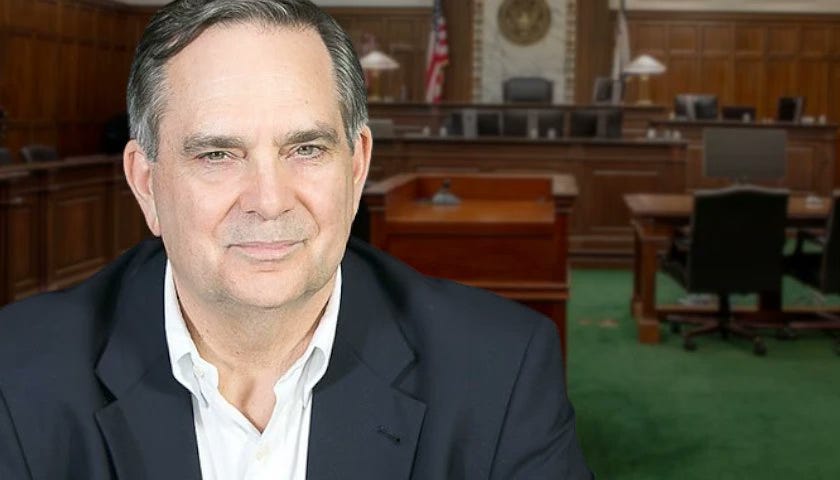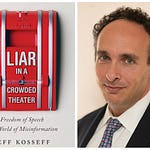One of the most famous moments in American journalism occurred in 1971 when The New York Times and The Washington Post published excerpts of what would be known as “The Pentagon Papers.” Daniel Ellsberg, a Defense Department analyst working for the RAND Corporation, had given the two newspapers top-secret documents. They showed not only that the US was losing the war in Vietnam but that the Pentagon had known the US couldn’t win the war for many years and kept fighting it anyway.
The Pentagon had tried to prevent the publication of the documents, but the Supreme Court ruled that the First Amendment protected newspapers' right to publish them, even though Ellsberg had broken the law by leaking them.
Thanks to the Twitter Files, we learned that individuals with links to US military and intelligence organizations have tried for years to convince reporters that they should no longer follow the Pentagon Papers principle, ostensibly since doing so could help foreign adversaries. They used this argument at the same moment that they were attempting to “pre-bunk” the Hunter Biden laptop, months before The New York Post published articles about its existence.
Now, a judge in Tennesse may violate the Supreme Court’s famous Pentagon Papers ruling and order a reporter in Nashville named Michael Patrick Leahy to reveal the source of documents leaked to him. The leaked documents in question came from a trans-identified woman named Audrey Hale, who killed six people at a Christian school last year.
Today, June 17, Leahy, the editor of The Tennessee Star, will appear in court for what is known as a "show cause hearing." The judge will consider his arguments for why Leahy should not be held in contempt of court for having published excerpts from Hale’s writings.
The FBI had blocked the release of the documents, ostensibly fearing copycat killings by a "segment of the population more vulnerable or open to conspiracy theories." Someone leaked them to Leahy anyway, and he published articles that quoted from them.
The case is important for anyone who cares about free speech, a free press, and the Pentagon Papers principle. Leahy’s attorney filed an emergency motion last week, arguing that the Judge’s order would violate the First Amendment and Tennesee state law.
















